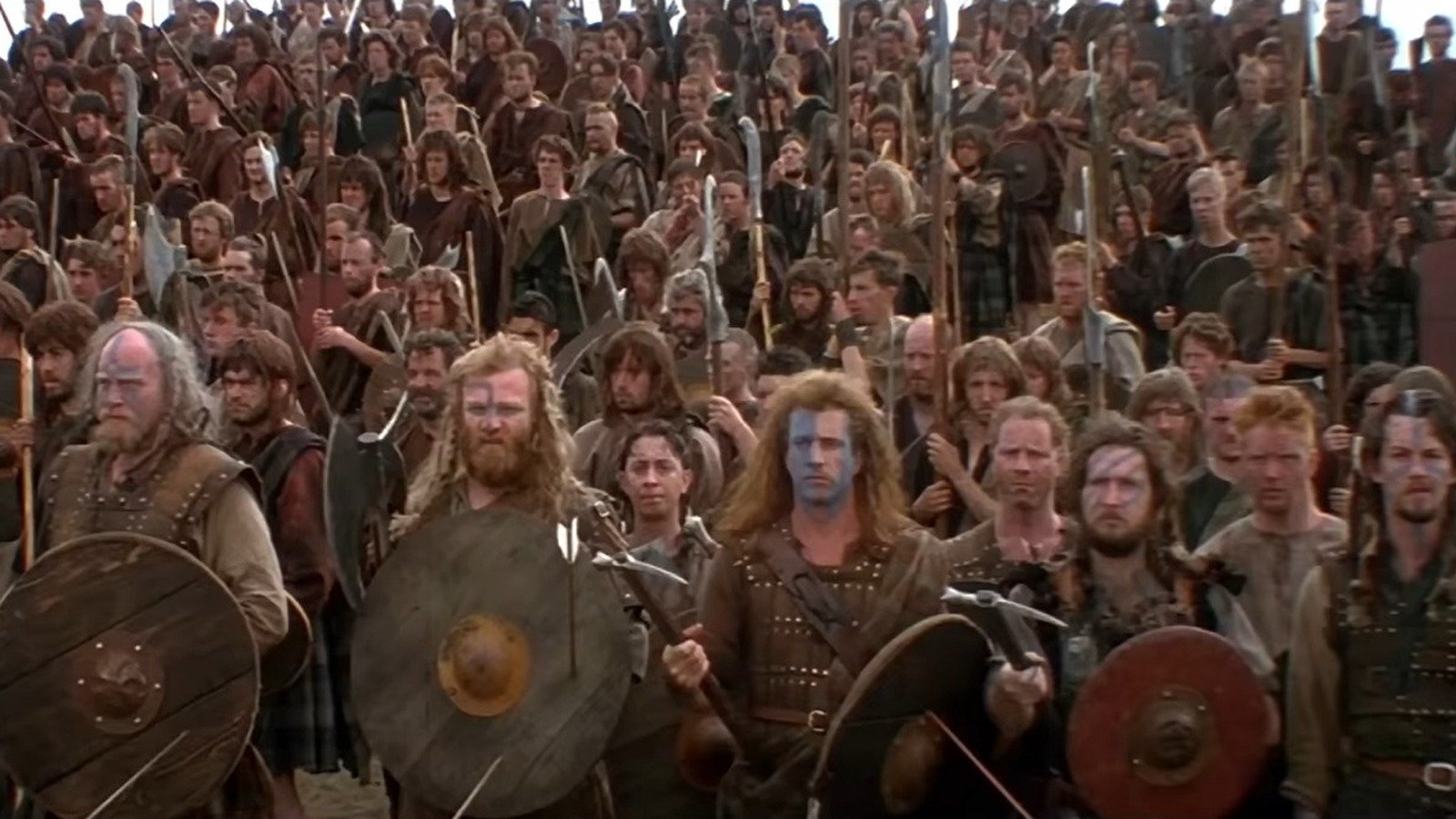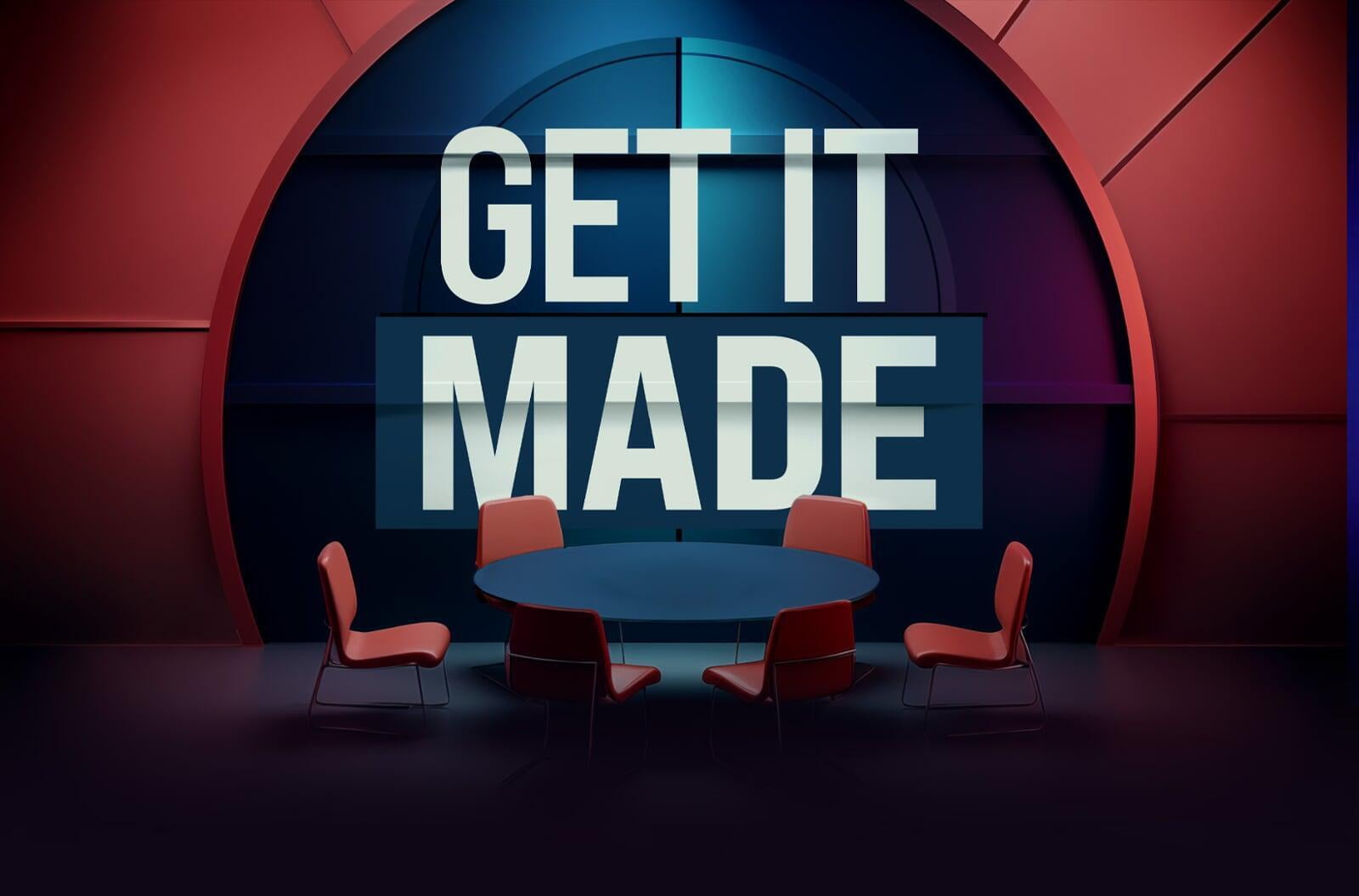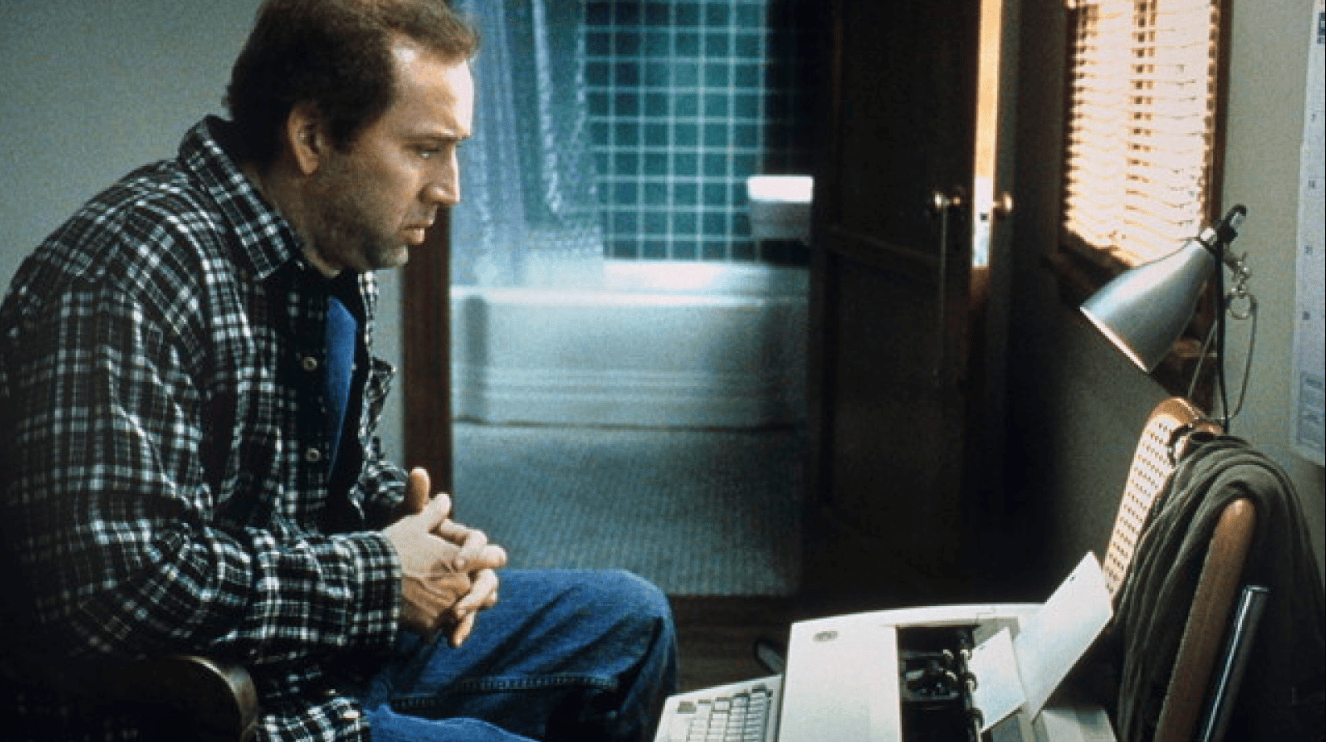
WRITING SHORT
FILM SCRIPTS

LUKE FOSTER
CenterFrame Team
For our recent Get It Made (UK) competition, a team of readers, my CenterFrame colleagues and I had to evaluate nearly 150 short film scripts.
It was very interesting to see the wide range of stories writers chose to tell, but we also attained some invaluable insights into what works on the page, and what doesn’t work quite so well, in the short film format.
Here are some lessons we learnt from looking at all the scripts, which you may find of value when writing your own screenplays for short films.
The scripts that achieved the highest scores, at both the reading and the voting stage of Get It Made, were all written specifically as short films, many specially for the competition. They worked well as they felt like complete, satisfying stories, with a clear beginning, middle and end.
Conversely, it was clear a number of scripts had lived a past life in the feature film format. The writer had either taken a scene or sequence from a feature screenplay, or squashed the whole feature down, and turned it into a short. These projects didn’t fare so well, as they felt like unsatisfying parts of something bigger, rather than complete narratives in their own right.
So resist the temptation to squish down your feature, or convert a scene or sequence from an existing piece, into a short. Instead, take the opportunity to write something new that’s specially for the short film medium.
The most highly-ranked scripts in the competition all featured only a handful of characters and one or two locations, and told simple stories. You don’t have the time or narrative space in a short film for a complex narrative or plot, so focus on a simple, character-driven story, well told.
In a number of scripts, the main characters were described vaguely or inconsistently. There would be a passing reference to a: “scruffily-dressed man”, then a character called Darren would suddenly start talking, then there would be a reference to “Carol’s cousin”. This caused confusion as it wasn’t clear if these were three different people or all the same person, and it was hard to tell who the main characters were.
There’s very little time in a short film script to introduce and get to know characters, so as soon as a new character enters the story, give them a clear name, along with a brief description, and use that name consistently throughout the script.

Several scripts featured scenes or story beats that required CGI. This was particularly the case with scripts involving animals, in which it would have been difficult to get a real life animal to act in the way the story required.
The Get It Made scripts had to be shootable for £10,000, but a big budget for any short film is unlikely, so try to avoid scenes or beats that will require VFX shots, as they can be expensive.

Scenes involving crowds can also be too costly for short films. That scene set in a classroom full of school kids or a café full of customers will require extras that have to come from somewhere, and will all need to be fed and be paid travel expenses.
If your characters have to go to a café, think about setting the scene when it’s only just opened or is about to close, so it’s quiet and hardly anyone is around. If a scene in a school is important, think about setting it in a hallway or after class, so only the characters essential for the scene are present.
Writing concisely and economically is an important skill in any medium, but in a short film, in particular, it’s crucial. You can’t afford any padding. Every word has to count.
After you’ve completed a draft of your script, go back through it and cut out any dialogue, character actions and lines of description that aren’t essential to your story. You might be surprised by how much you don’t actually need.

When Marvel’s Avengers movies: Infinity War and Endgame were in development, the producers knew that, for the franchise to be a hit, the ending had to be perfect. So they code named the films: “Mary Lou”, after the American gymnast Mary Lou Retton, who won gold at the 1984 Olympics after nailing the perfect landing.
Getting the ending right is arguably even more crucial in a short film than it is in a feature. You have so little time to engage an audience with your story that if you don’t have a strong ending, readers and audiences can be left with an anti-climatic or unsatisfactory, “so what” feeling.
So make sure your ending is as powerful and engaging as it can possibly be and stick the landing.

LUKE FOSTER
Development Executive | CenterFrame Team
Luke Foster is a screenwriter and Development Executive for Iron Box Films. He wrote the horror comedy Ravers, which premiered at FrightFest 2018 and was released in 2020, including theatrically in North America. He also wrote the comedy drama Betsy & Leonard, for which he won Best Original Screenplay at the Madrid International Film Festival in 2013. Luke hosts the monthly CenterFrame Script Club and has a video essay series on horror filmmaking, Alive In The Morning.
Related articles

You can edit text on your website by double clicking ely, when you select a text box
You can edit text on your website by double clicking ely, when you select a text box

You can edit text on your website by double clicking ely, when you select a text box
You can edit text on your website by double clicking ely, when you select a text box

You can edit text on your website by double clicking ely, when you select a text box
You can edit text on your website by double clicking ely, when you select a text box






